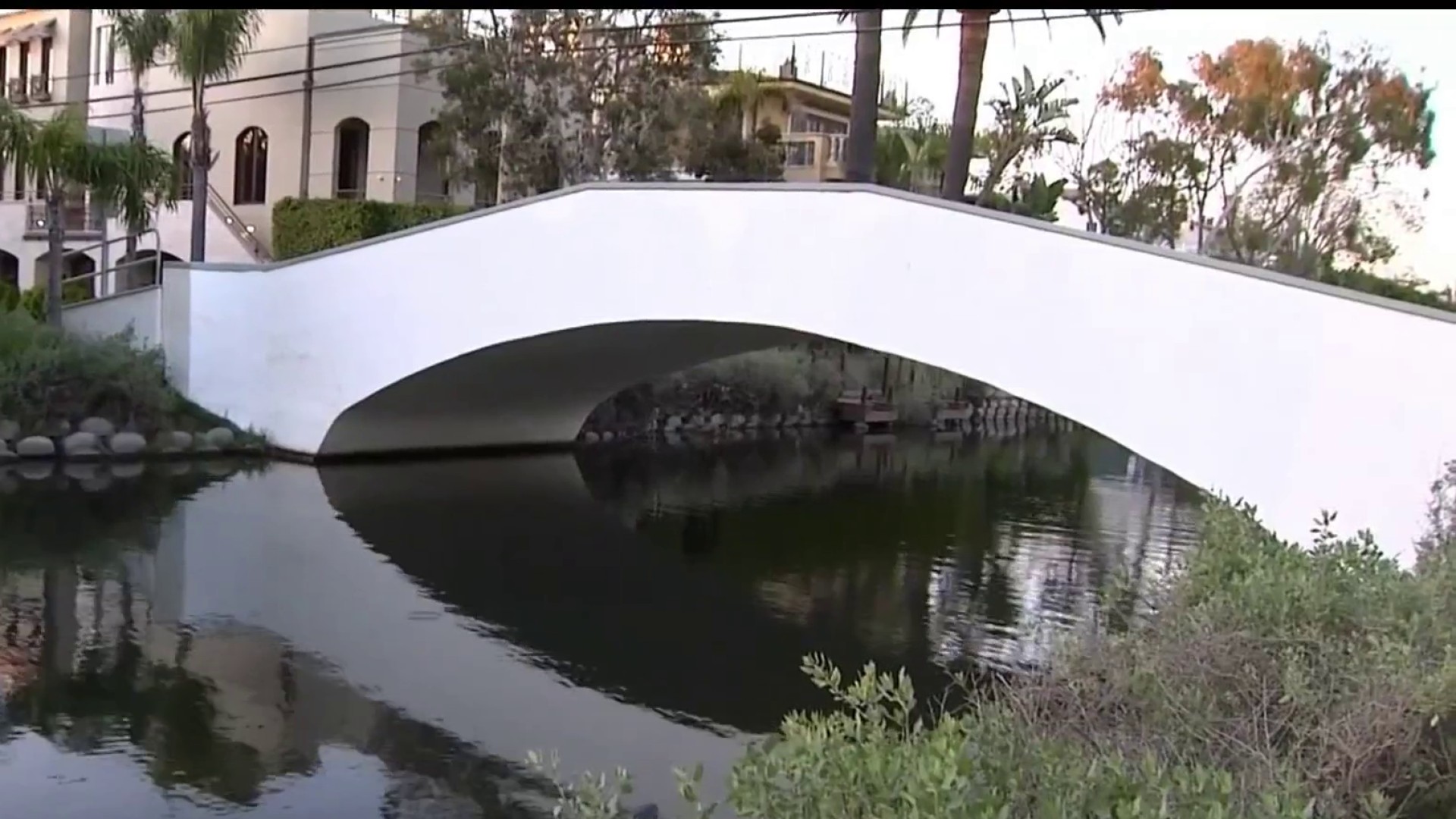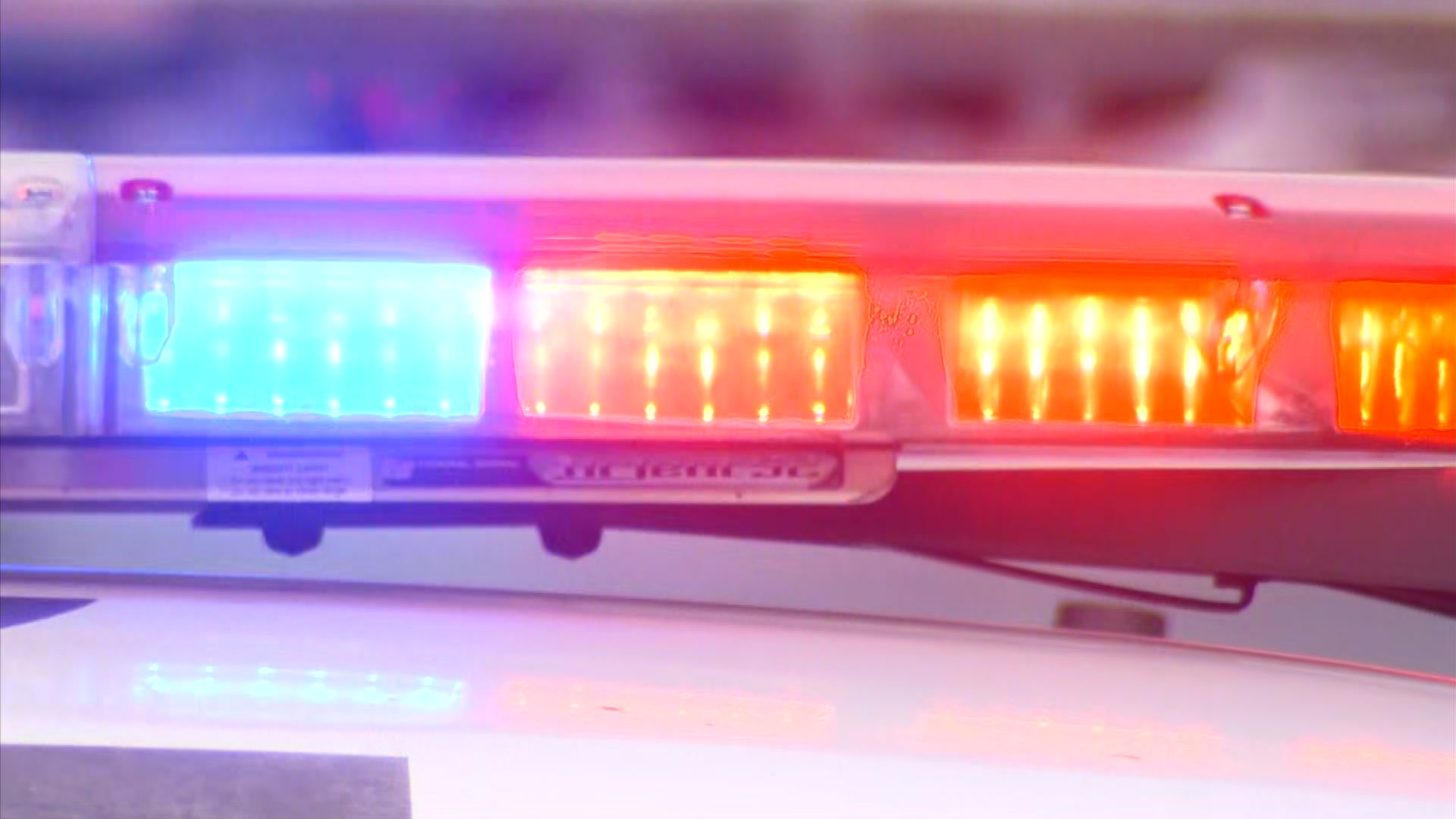The head of the state Department of Toxic Substances Control on Tuesday defended the agency's cleanup efforts around a shuttered battery recycling plant in Vernon, while also assuring a city council committee that the work will be speeding up now that some bureaucratic hurdles have been cleared.
Barbara Lee, director of the DTSC, appeared before the council's Planning and Land Use Management Committee to respond to accusations, including from Councilman Jose Huizar, that the agency's cleanup of the contaminated area around the closed Exide battery plant had been inept and slow.
"The Exide cleanup as you know is one of the largest in the nation, and it is the largest that California has ever undertaken, a cleanup of this kind," Lee said. "Because it is such a large cleanup effort, DTSC has consulted with U.S. EPA on similar cleanups that they have undertaken in various parts of the country, some that have taken 20 years or more."
In 2016, Gov. Jerry Brown approved $176.6 million to test soil at properties near the plant and conduct cleanup operations at as many as 2,500 properties near the site, which closed in 2015. Some of the contaminated properties are in the city of Los Angeles' Boyle Heights neighborhood.
The Exide plant, which opened in 1922, was allowed to keep operating under a temporary permit for 33 years, despite continuing environmental violations. When Exide agreed to close the lead-acid battery recycling plant, it committed to pay $50 million for cleanup of the site and surrounding neighborhoods.
But despite the money set aside for the project, only 335 parcels have been cleaned, DTSC officials told the committee. But Lee said the cleanup of the 2,500 sites was likely to speed up now and should be completed within two years. The slow start was due to "the time needed to develop the cleanup plan and to complete the environmental impact report on the cleanup plan," Lee said.
Huizar, who chairs the committee, had introduced the motion asking Lee to give a presentation to the panel.
News
Top news of the day
"I want to acknowledge the deep mistrust that there is for DTSC amongst the community," Huizar said. "And it was noted that a lot of what has happened extends back 30 years when DTSC continued to provide temporary permits for Exide to continue. I mean temporary permit is just that, it's temporary. On top of that, the efforts that the community went through to close Exide was incredible. We felt like we were fighting both the DTSC and Exide at the same time."
He added, "When we see that this is taking longer than expected, it is not at the pace that we would like to see a health crisis and a catastrophe happen."
Huizar's committee was told by Lee and other DTSC representatives that the $176.6 million should be enough to clean the roughly 2,500 contaminated properties that are polluted beyond the federal level of safety, but there are also an additional estimated 5,000 properties that are contaminated beyond the state safety levels for which no funding exists. Exide would be responsible for those cleanups, Lee said.
"The Exide facility is obligated under federal law and state law to characterize the full extent of the contamination that the operation of that facility created, not only on site but also offsite in the residential area around and industrial area around it," Lee said. "And then the facility is required to propose a strategy to clean up that contamination. So we are holding Exide accountable to ensure that they comply with those requirements."
Huizar said Exide had made previous statements suggesting it would not pay for any additional cleanup and moved that the committee possibly hold a closed session with the city attorney to discuss possible legal action against the company.
Exide did not immediately respond to a request to comment.



